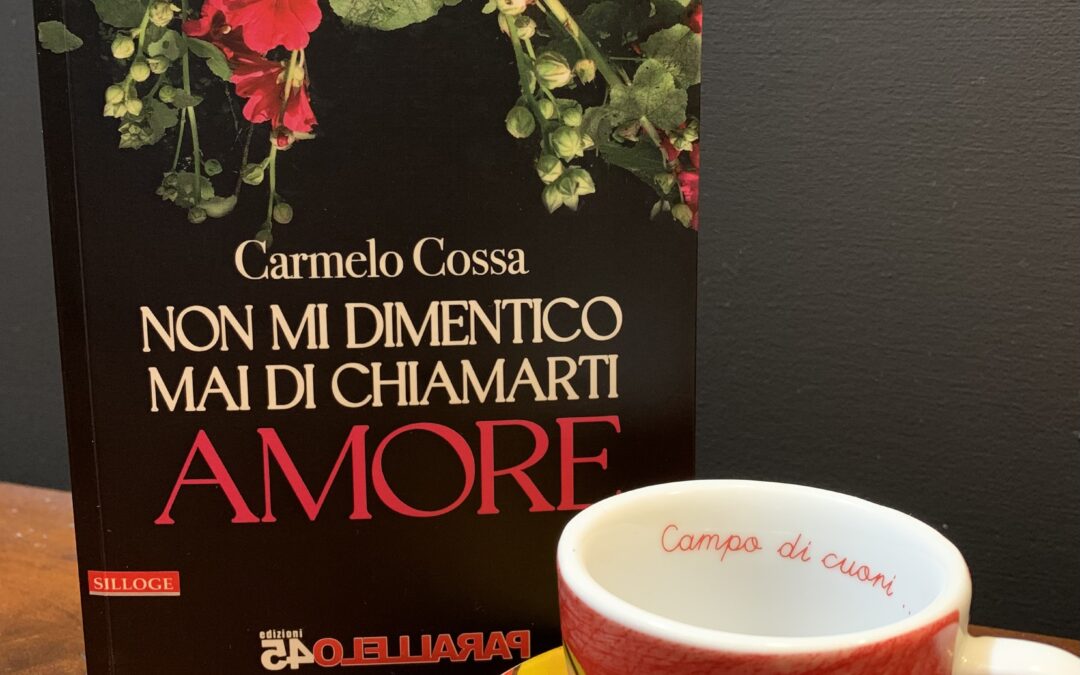
I NEVER FORGET TO CALL YOU LOVE
Non mi dimentico mai di chiamarti amore (I never forget to call you love) is the sylloge published by Parallelo45 for which I surely “won’t forget” to thank Carmelo Cossa and Manuale di Mari.
February has arrived, the month of Valentine’s Day, the most famous romantic occasion, just as romantic is the author’s soul.
Carmelo Cossa is immediately striking in the way he declares his love: love for poetry.
So Poetry becomes the way for expressing the idealisation of love as a totally harmonising expression of feeling.
The author is like a knight of the dolce stil novo, even though life has taken him far from his roots.
Reading the poems in Non dimentico mai di chiamarti amore (I never forget to call you love) I had a strong sense of how the journey from his homeland to the place that would offer him fulfilment was a key element for Carmelo.
Among my favourite poems:
Con il cuore appeso (With the Hanging Heart) because I found myself in the concept of a night grip and also in the comparison of a shredded cloth stretched out in the sun.
Natura e vita (Nature and Life) because I found the personification of nature in the first person a metaphor capable of giving a powerful sense of flow, vitality and harmony.
Magia di vita (Magic of life) for the concept of the ‘beginning again’ of the cycle of the seasons that repeat, but even more so, relive.
Speaking of his Poetry, Carmelo Cossa also quotes Rita Levi Montalcini:
it is better to add life to days than days to life
thus capturing the mark of what I would dare to call a life mission for him: he lives for poetry and makes poetry alive.
So I invite you to pause on Non mi dimentico mai di chiamarti amore (I never forget to call you love) and to think about to which ‘love’ your life is dedicated.

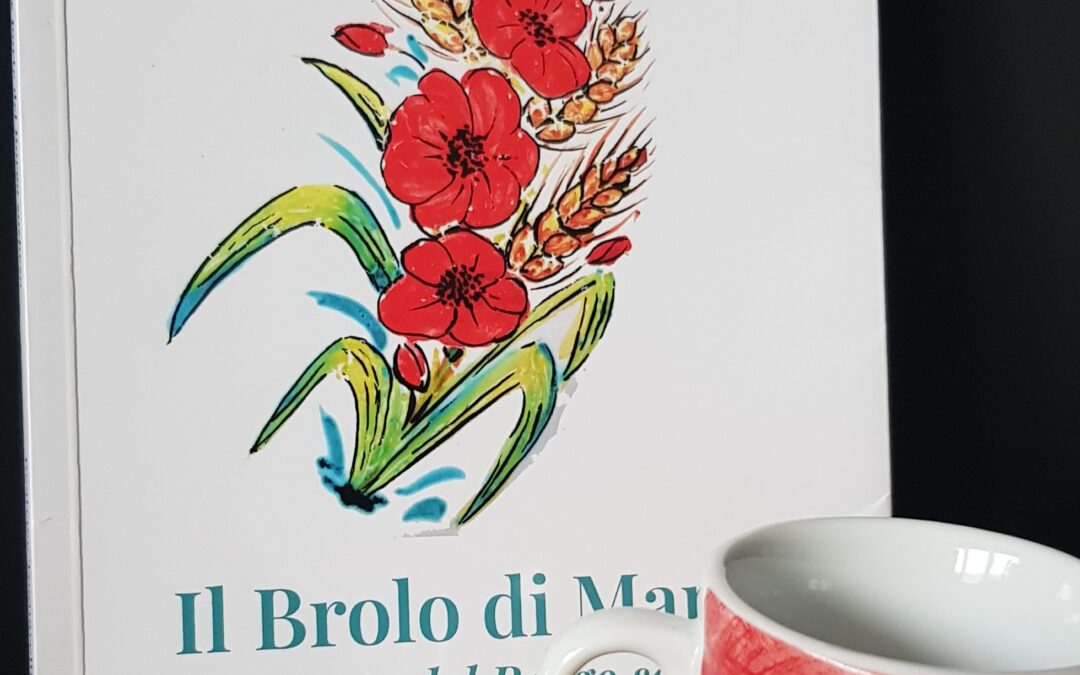
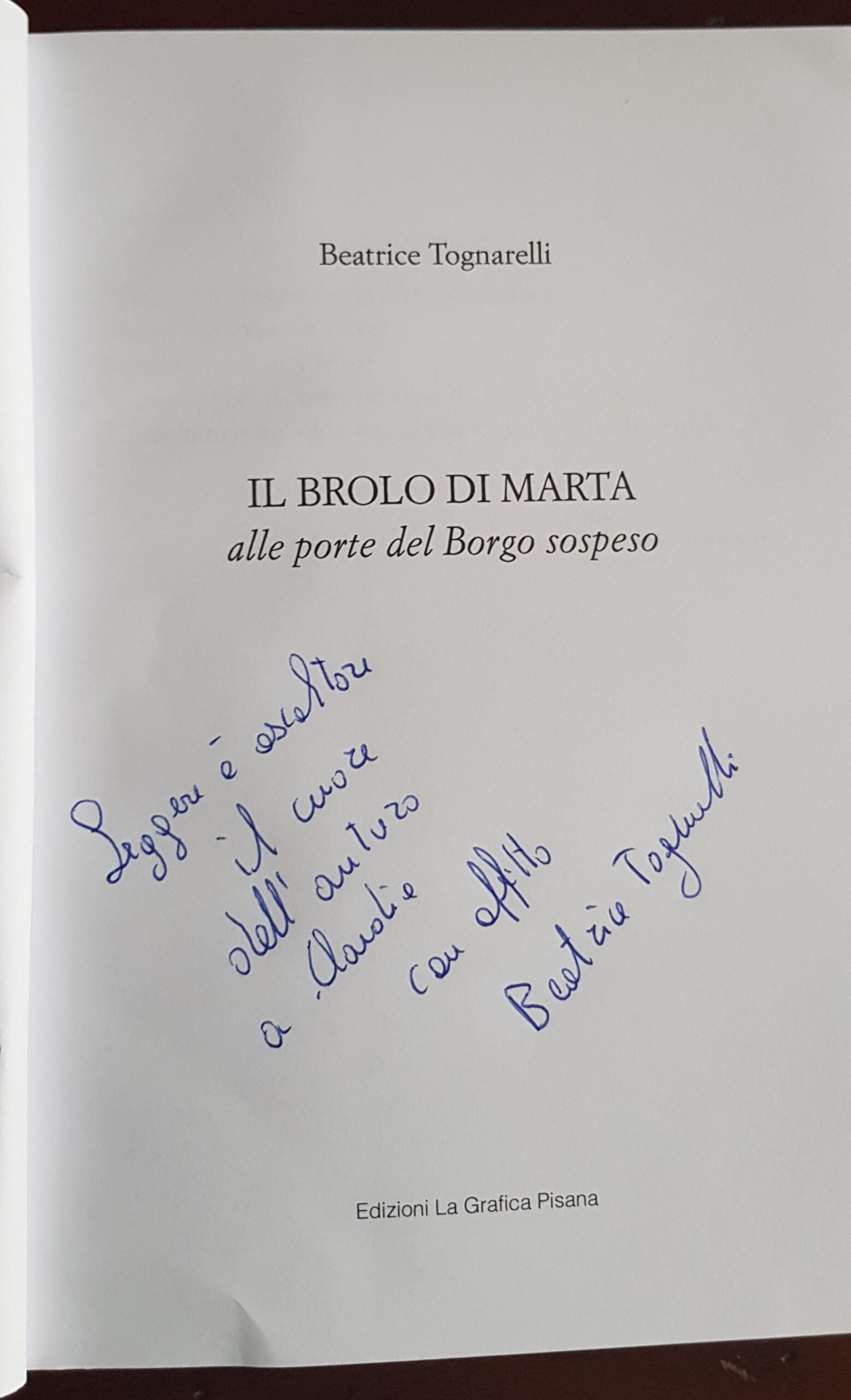
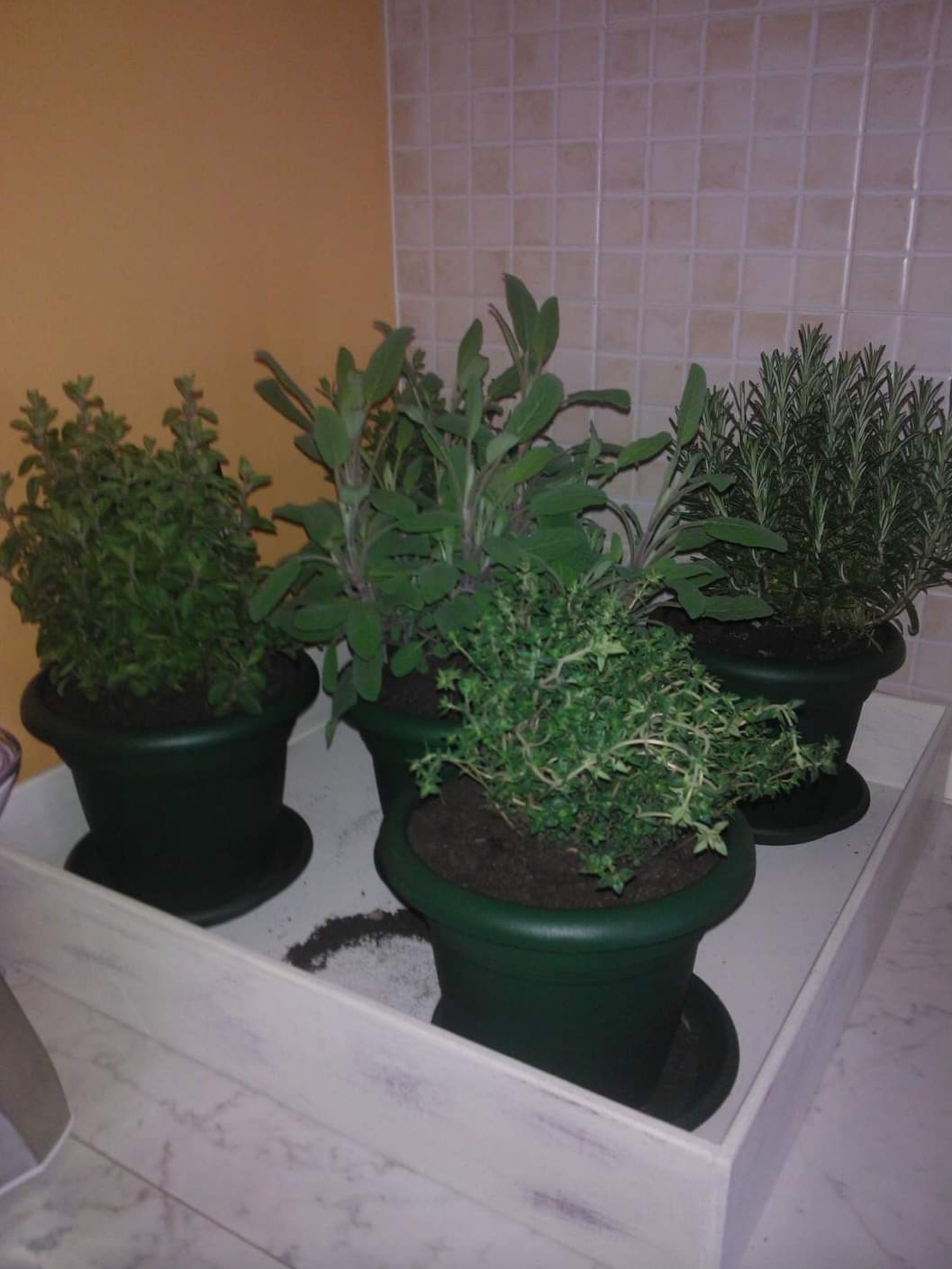
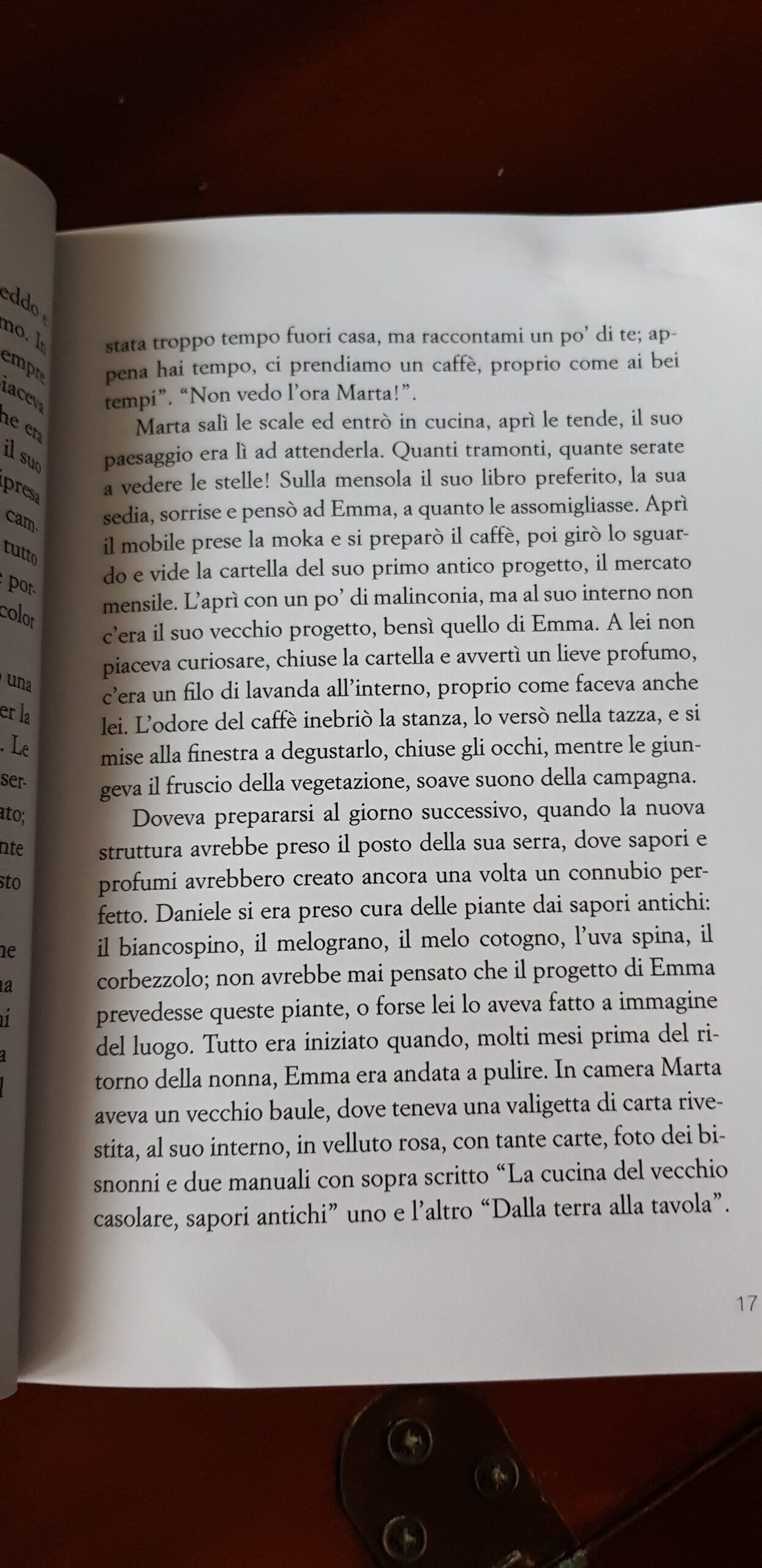

 Hi I'm Claudia and this is KCDC.
Hi I'm Claudia and this is KCDC.




OPINIONI